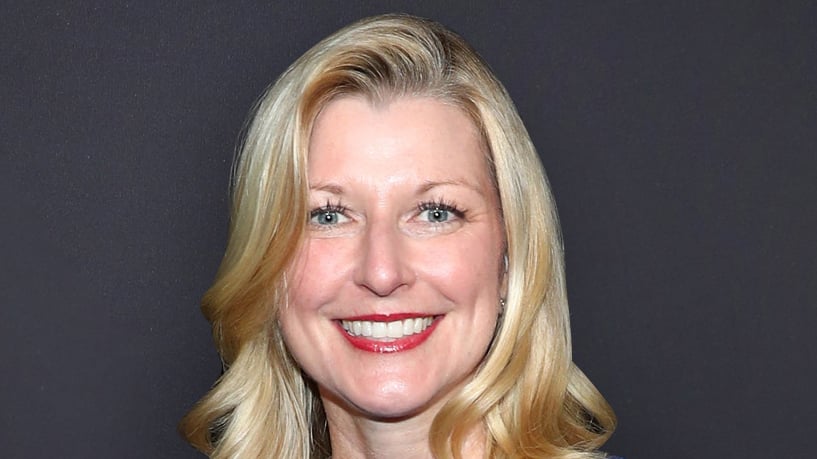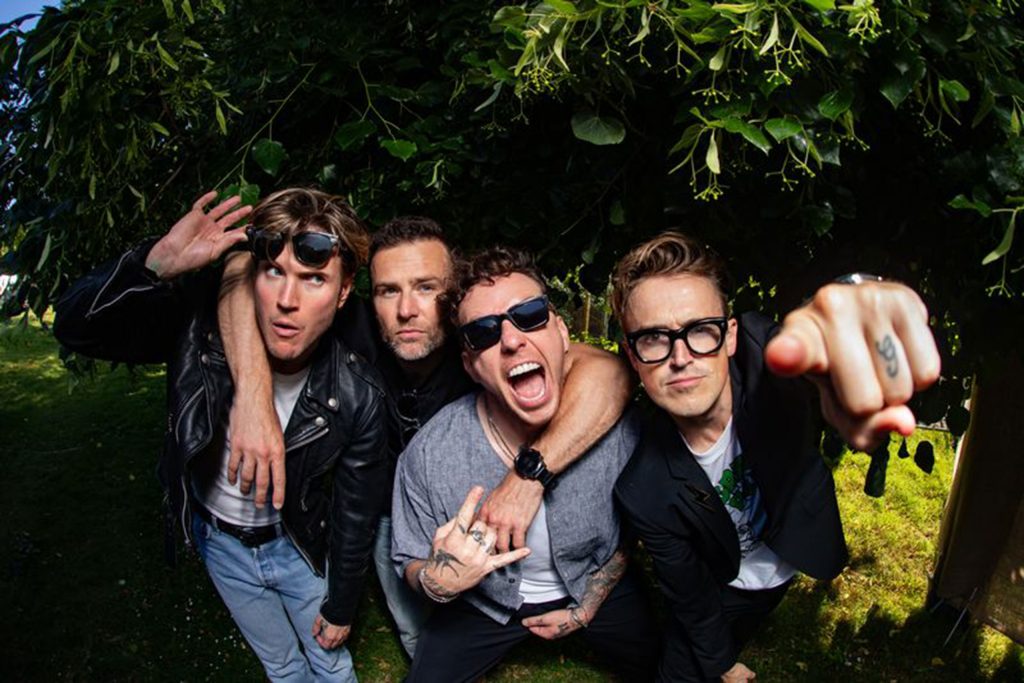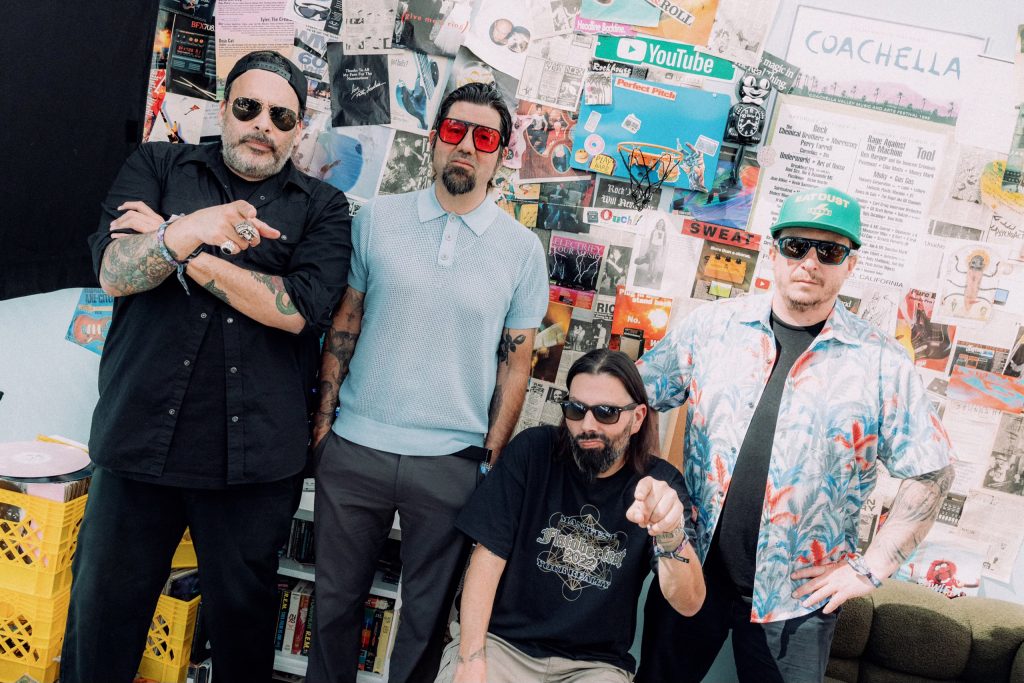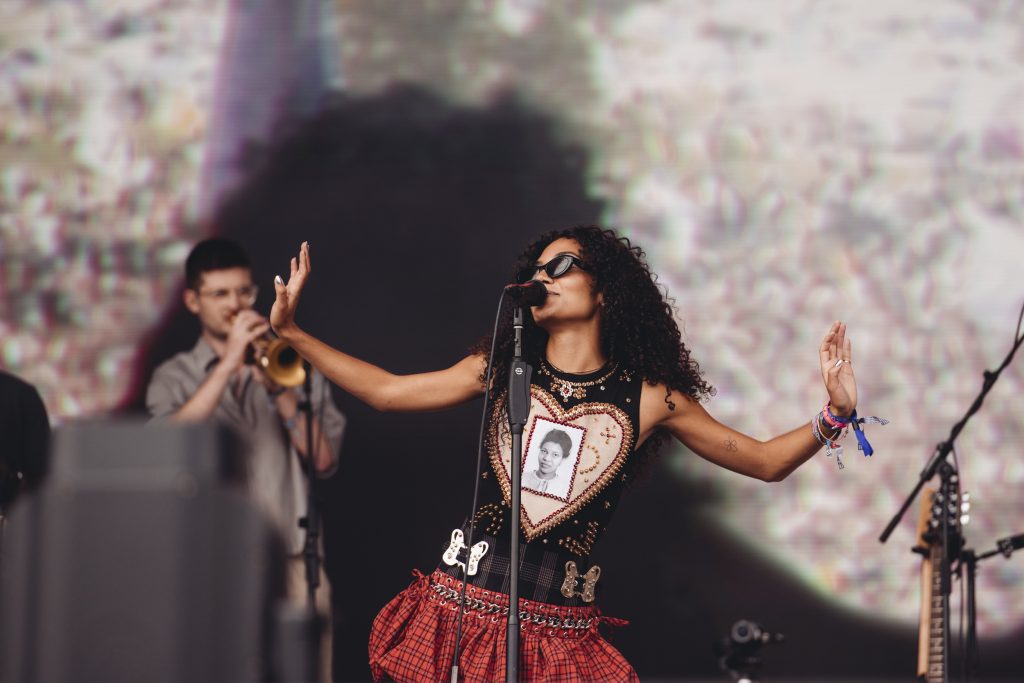ASCAP Opposes Weakening Copyright Protections
The American Society of Composers, Authors and Publishers (ASCAP) has added its voice to the increasing number of stakeholders in the music industry opposing proposals that would weaken copyright protections in the context of AI development.
Following President Donald Trump’s executive order on the creation of an “AI Action Plan” for the USA, both Google and ChatGPT maker OpenAI submitted materials advocating for the diminishment of copyright protections. They propose that AI developers be permitted to use copyrighted content without consent—under certain conditions—to create AI technologies.
Concerns Over the Creative Economy
In its submission to the National Coordinator for Network Research and Information Technology (NIRT), ASCAP, representing over 1 million songwriters, composers, and publishers, warned that weakened copyright protections could lead to job losses and adversely impact the US creative economy.
“While AI can be a powerful tool for innovation and has the potential to enhance human creativity, its unchecked use threatens to undermine the very purpose of US laws, which is to support human creative endeavors,” ASCAP stated in its representation, which can be read in full here.
“Many ASCAP members depend on performance royalties as a primary, though not the sole, source of income. If AI platforms disrupt this revenue stream, countless creators risk losing their livelihoods, jeopardizing the foundation of our nation’s thriving creative economy.”
Proposed Principles for AI Copyright Policy
The presentation outlined several principles that the organization urges the government to consider when developing AI policy, including:
- People First: Human creativity should be supported rather than replaced by AI.
- Permission: AI developers must obtain consent from rights holders to use copyrighted material for training AI.
- Transparency: AI developers are required to track all copyright usage and inform rights owners whenever their material is utilized.
- Fair Compensation: Creators and rights holders must be compensated fairly for the use of their work.
- Attribution: Music produced by AI should be labeled as such, and the creators whose work contributed should receive credit.
- Global Coordination: AI policy development should be globally coordinated, given that copyright applications are governed by international treaties and licensing frameworks.
“The United States can win the AI race without sacrificing strong copyright laws that have fostered creativity and entrepreneurship for decades,” stated ASCAP’s Executive Director Elizabeth Matthews.
“Failure to address unauthorized use of copyrighted material for training generative AI models could threaten the livelihoods of millions of American music creators and undermine the foundation of the nation’s flourishing creative economy.”
In its own submission to the US government, Google and OpenAI argued for the application of the “fair use” doctrine in AI development. Under US copyright law, fair use permits the use of copyrighted material without permission in specific limited situations, such as criticism, commentary, news reporting, teaching, or research.
OpenAI emphasized that the issue of fair use in AI development transcends mere competitive advantage and has implications for national security.
“Rapid advancements witnessed from the PRC’s (People’s Republic of China) Deepseek among other recent events indicate that America’s leadership in AI is not guaranteed,” OpenAI remarked.
“The United States can win the AI race without abandoning strong copyright laws that have stimulated creativity and entrepreneurship throughout the country for decades.”
Elizabeth Matthews, ASCAP
Google asserted that a balanced copyright framework, including fair use and exceptions for the extraction of text and data, is essential to enable AI systems to learn from pre-existing knowledge and publicly available data, unlocking subsequent scientific and social advancements.
It further stated that copyright exceptions “facilitate the use of publicly available material for training AI without imposing burdensome negotiations with content owners during the development of models or scientific investigations.”
A Google representative added, “We support the existing fair use provisions in the US and are confident that current copyright laws support AI innovation.”
OpenAI’s position includes facing legal challenges regarding copyright matters from various authors, including Sarah Silverman, and intends to defend its stance that utilizing copyrighted material for training AI constitutes fair use.
ASCAP, however, disagrees with this perspective.
“Arguments suggesting that fair use principles under US copyright law permit extensive infringement of copyrighted works are largely unfounded, especially when analyzed against recent legal precedents,” the statement concluded.
ASCAP warns US creative economy ‘will be undermined’ if copyright laws loosened for AI developers





